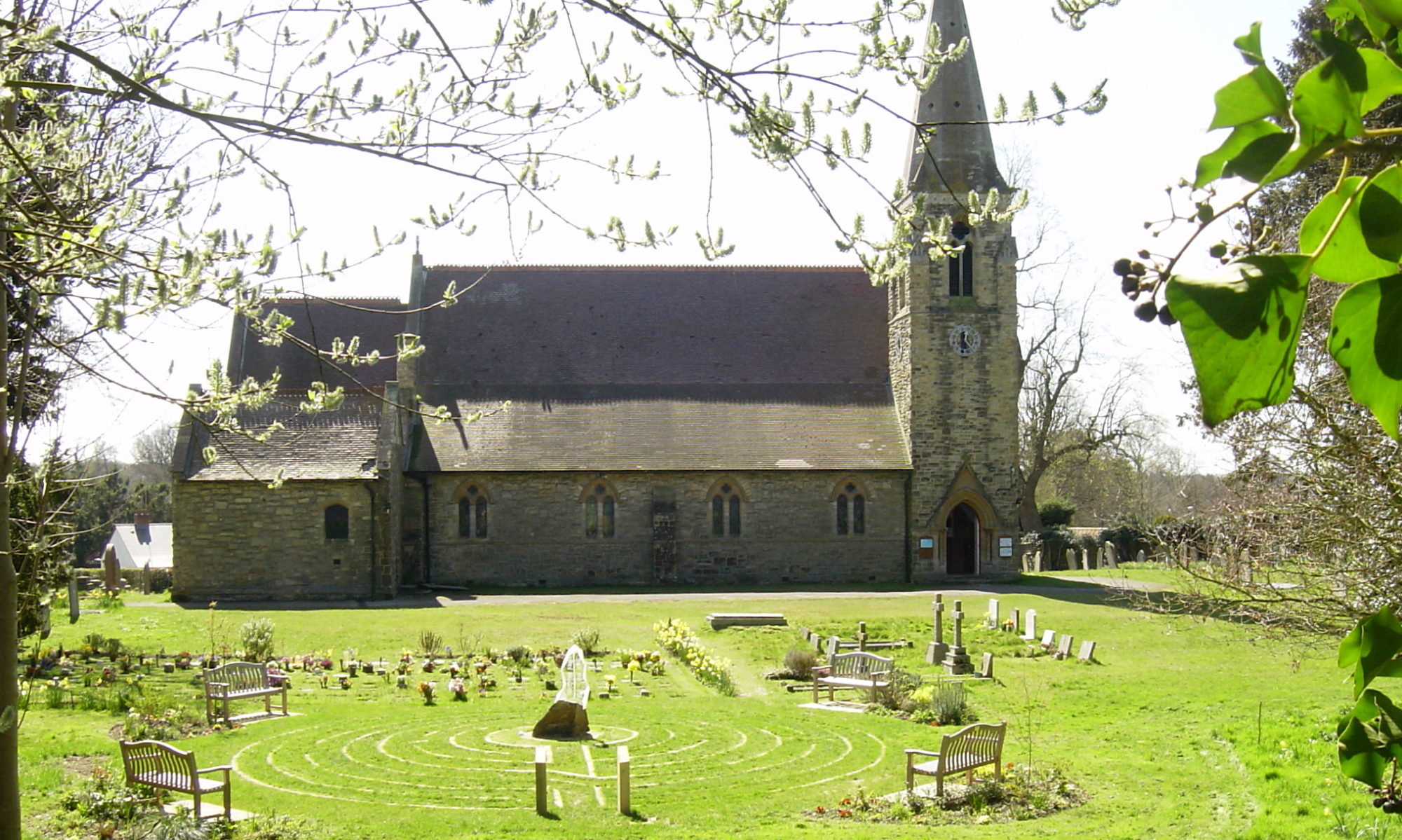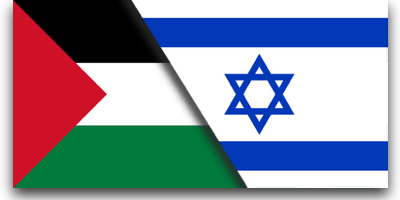I’ve had fun with the Vote Match on the Telegraph site in preparation for the UK General Election – glad someone pointed me to it, as I may not have found it otherwise. Try it!

still let me guard the holy fire, and still stir up the gift in me
Politics & politicians
I’ve had fun with the Vote Match on the Telegraph site in preparation for the UK General Election – glad someone pointed me to it, as I may not have found it otherwise. Try it!
The initial flurry of comments, as the 44th US President, Barack Obama, is nominated for the 2009 Nobel Peace Prize, seem to be mainly an incredulous “really? so soon?” Well that’s pretty good after 9 months in office.
However, I want to approach this less cynically than some. It maybe that ‘premature’ is one word that may be applied to the news; but ‘hopeful’ is perhaps a more appropriate one.
Not hope as in “I hope it won’t rain tomorrow”; but hope of something substantial, more eternal. This week, for the first time for a long time, Northern Ireland paramilitaries appeared with guns at a funeral. My children had not seen anything like it in living memory, though the Good Friday Agreement does not seem that long ago to me. How quickly we have become used to peace in Northern Ireland. Can we dare hope of that that sort of peace elsewhere amongst the world’s troubled spots too?
The Bible speaks of Hope as something of certainty, that we can depend upon. Perhaps the Nobel nomination committee have that sense of hope for the future of world peace, and Obama’s potential in furthering it. I hope so.
Is it possible to be pro-Palestinian without being anti-Israeli? Or indeed vice-versa?

Over the years, medical students from the Edinburgh’s Medical School have supported the international work of the E.M.M.S., the Edinburgh Medical Missionary Society. In the late 1950s, my parents were two of the young medics who were due to be joing the team at the hospital at Nazareth in the Holy Land. Had they done so, then it is quite possible that I might have been born in Nazareth, and as famously – dubiously – quoted of Jesus: “What good thing can come out of Nazareth?”

Sadly, the unexpected death of my grandfather meant my mother temporarily taking on his G.P. practice, and there was a change of plan – and India is where my parents subsequently ended up serving. My childhood and upbringing was less Middle Eastern, and more South Asian instead.
However, though I have not yet managed to fulfill my ambition of visiting the Holy Land (despite managing to wave that direction from both the Suez Canal and from Cyprus), this pre-natal episode has left an indelible mark on me, and a deep interest in the country’s history and culture. Nazareth remains a fascinating place; a predominantly Arab Israeli town with a population of 65,000, made up of aprox. 2/3 Muslim population, and 1/3 Christian. The Arab/Palestinian situation is a melting-pot of complexity that I cannot begin to understand, even if it remains such a draw.
And yet (as I sometimes comment to Jewish friends & colleagues) my boss is a Jew, and Jewish culture so permeates the Christian faith too. Much of the theological training that remains with me focused on it. I love discovering more.
Last week I came across a book review, with an Israeli/Palestinian theme, posted on a blog site. The review was a little heavy handed on it’s treatment of the book author’s position. But it was the subsequent internet flurry that worried me most, as various sides began to lay blame at each others door.
Pro-Israeli and Pro-Palestinian accusations were leveled.
It became unrepresentative, and unhelpful eventually, which is why I have not linked to such an unhelpful spat. In the end, I could see significant arguments on both sides. I wanted to be pro- both.
Does being pro- one side of a ferocious debate necessarily mean that one must be anti- the other side? Does that exhibit the appalling naïveté of a distant observer, unaware of the depth of the real issues? Or sometimes, can one be so close to an issue that we think there only is one way forward, and it has to be mine?
I am more Pro-Palestinian; and more Pro-Jewish, the more I hear.
Reflecting on the Northern Ireland Peace Process as PC Steve Carroll is buried…
Like many, I was shocked and saddened buy the reappearance of violence and murder again, after so many years. British soldiers, preparing to go on tour to Iraq the next day, gunned down as they collect pizza; a policeman responding to a call from the public.
One sign of hope this time, is that there has been almost universal condemnation of these killings. Even if some perceived a bit of a delay before some Republican politicians commented on the issue, Martin McGuinness’ and others position is unequivocal.
A number of years ago, I was in the bookshop of Westminster cathedral. An elderly English lady stopped me with her hand on my arm, and said
You look very like Martin McGuinness. Has anyone ever said that to you before?
The surprise must have been clearly evident on my face, because she continued:
I suppose you might not have heard that as a compliment…
|
|
|
I have often rehearsed that short interchange in my mind. At the time the comment was made, there were frequent ‘attrocities’, which were rarely condemned by the members of Sinn Féin, and I was more than a little uncomfortable with the comparison.
However as time moved on the Peace Process made real progress. Seeing Ian Paisley and Martin McGuinness smiling – no laughing – together at Stormont remains an iconic image – a unity government was a dream that I was not sure I might ever see. Pray God, may the callous killing cease.

I don’t think I find the comparison of me with Martin McGuinness uncomfortable any more – though still a bit bizarre.
I still have hope for permanent peace in Ireland; and may Stephen Carroll, and the two young soldiers killed recently, rest in peace.